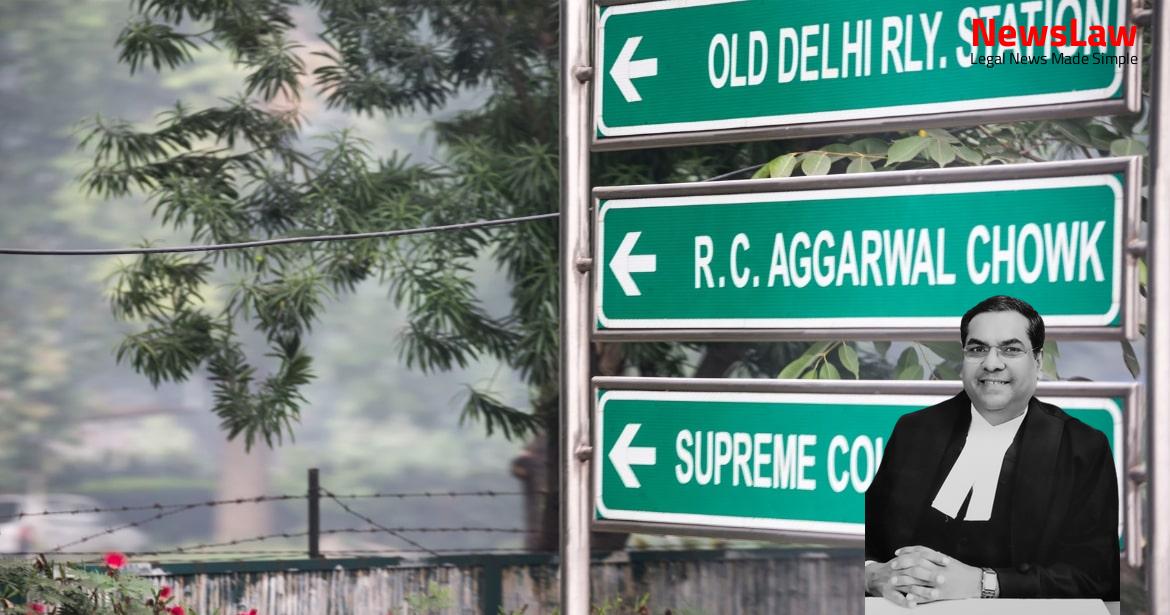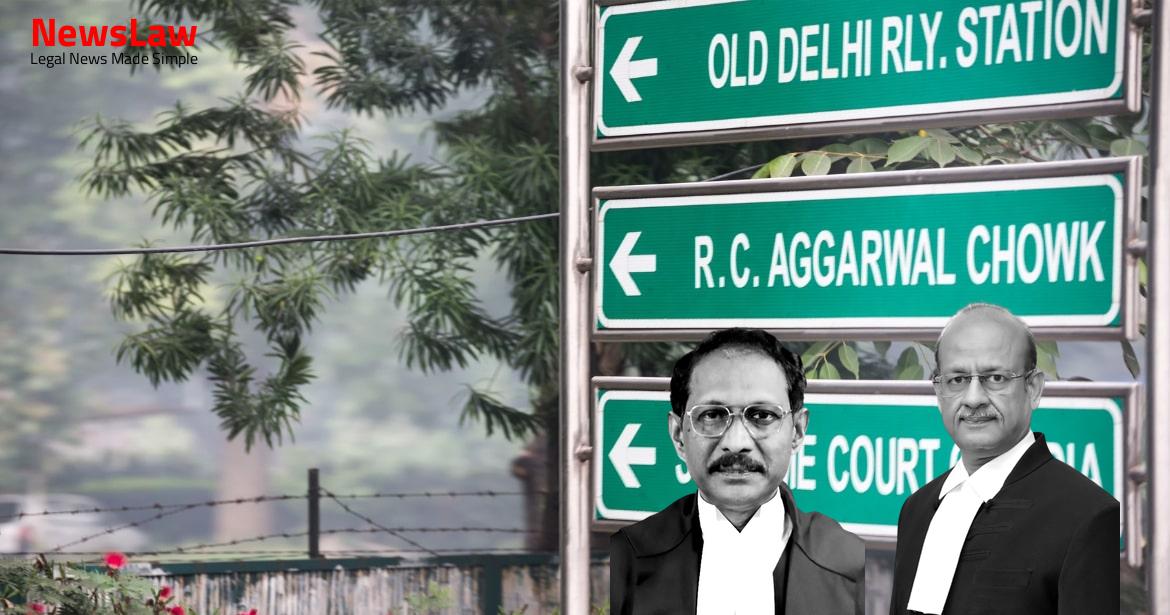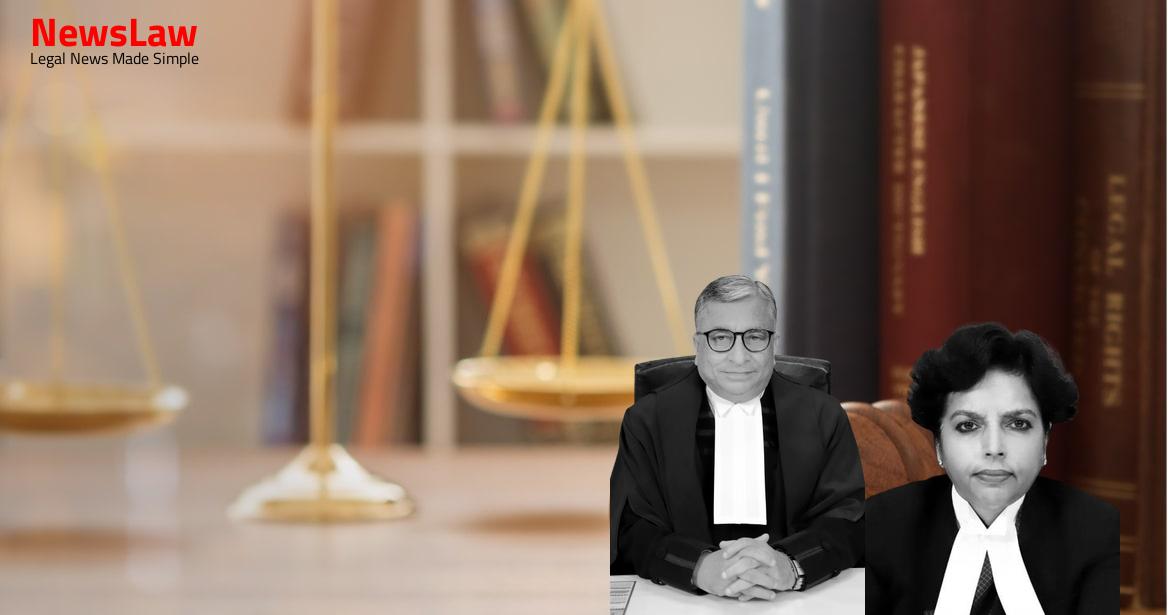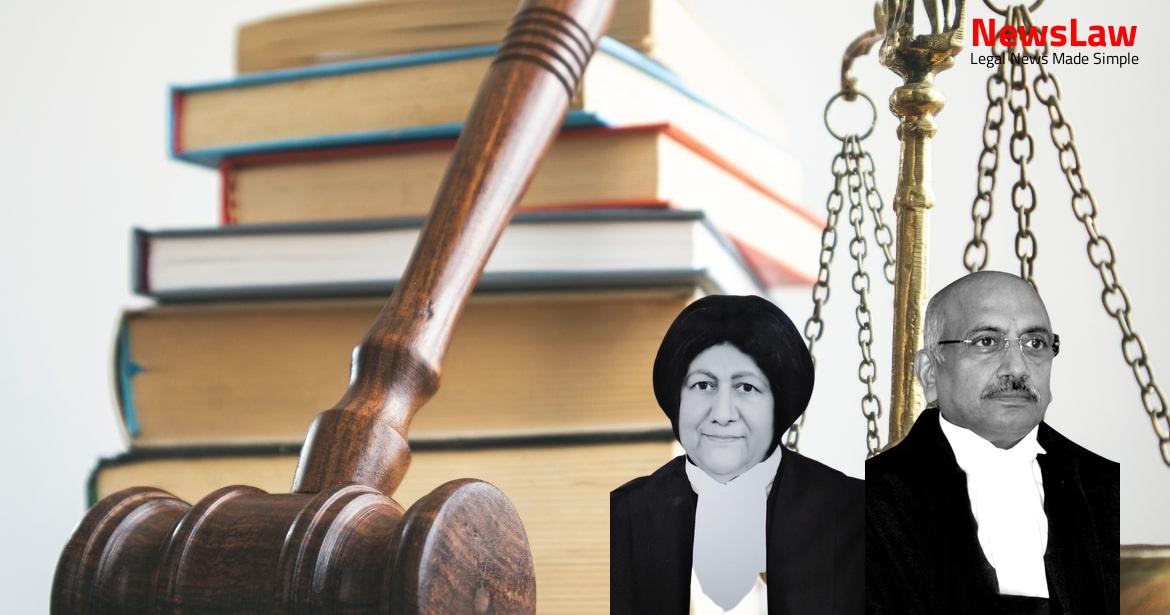In a landmark decision, the Supreme Court of India has granted interim bail to Arvind Kejriwal, the petitioner, in the case against the Directorate of Enforcement, the respondent. This move comes amidst ongoing legal proceedings and challenges to the arrest’s legality. The decision sets a significant precedent in the realm of legal jurisprudence. Read on to learn more about the details of this crucial judgment.
Facts
- Arvind Kejriwal has challenged the order and judgment upholding his arrest by the Directorate of Enforcement.
- The hearing is ongoing and a final decision will take some time.
- The Court informed both parties about the possibility of examining the grant of interim bail/release during the proceedings.
- The Directorate of Enforcement registered ECIR No HIU-II/14/2022 on 22.08.2022 based on the registration of predicate offenses by the CBI on 17.08.2022.
- The First Additional Complaint (FAC) was filed by the Department of Enforcement (DoE) under various sections of the Prevention of Money Laundering Act, 2002.
- Multiple legal pleas and issues have been raised, particularly focusing on the scope and violation of Section 19 of the mentioned act.
- The Central Bureau of Investigation (CBI) subsequently filed a chargesheet, along with two supplementary chargesheets.
- The Special Court officially took cognisance of the case on 20.12.2022.
- Following this, DoE filed four supplementary prosecution complaints in relation to the case.
- The case was registered on 20.07.2022 based on a complaint from the Lieutenant Governor of the Government of NCT of Delhi and under the directions of the competent authority as conveyed by the Director, Ministry of Home Affairs, Government of India.
Also Read: Bank Staff Unions vs. CBDT: Clarification on Taxation of Perquisites
Analysis
- The power to grant interim bail or release is commonly exercised, including by trial courts.
- Various peculiarities of the case, including the pending investigation since August 2022 and the challenge to the arrest’s legality, have influenced the decision-making process.
- The grant of interim bail does not indicate a judgment on the case’s merits, as the appeal is still pending.
- Considerations for granting interim bail include the individual’s circumstances and surrounding context.
- The significance of the ongoing Lok Sabha General Elections has also been taken into account in the decision-making process.
- Factors such as lack of criminal antecedents, absence of framed charges, and the individual not being a societal threat have been considered.
- The temporary release through interim bail is deemed justifiable in certain circumstances to alleviate intolerable suffering, even when regular bail may not be justified.
- In Anand Chintaman Dighe v. State of Maharashtra, the High Court misdirected itself in granting bail to an accused convicted under TADA by refusing to consider statements and material collected by the investigating agency.
- Anukul Chandra Pradhan v. Union of India upheld sub-section (5) to Section 62 of the Representation of the People Act, 1951, stating that the right to vote is not a constitutional right and can be curtailed.
- Sunil Fulchand Shah v. Union of India discusses parole granted to detenus under COFEPOSA Act, 1974, by the Government or its functionaries and the power of courts to direct release if unjustifiably rejected.
- Dadu @ Tulsidas v. State of Maharashtra clarifies that despite the restriction under Section 32A of NDPS Act, the court can grant parole or furlough even after appeal dismissal.
- Athar Pervez v. State and Siddharam Satlingappa Mhetre v. State of Maharashtra provide insights on granting interim bail in NDPS Act cases invoking relevant constitutional and judicial precedents.
- K. Ananda Nambiar and Another v. Chief Secretary to the Government of Madras rejects the challenge to Defence of India Rules, 1962 applied to Members of Parliament stating they do not have privilege from arrest.
- Siba Shankar Das @ Pintu v. State of Odisha deals with deleting conditions restricting political activities imposed by the High Court and the right to vote for persons under preventive detention.
- State of Andhra Pradesh v. Nara Chandra Babu Naidu addresses deleting conditions restraining participation in political activities during preventive detention, emphasizing the importance of free and fair elections.
- Mukesh Kishanpuria v. State of West Bengal confirms the power to grant regular bail includes interim bail, aligning with the principles of Article 21 of the Indian Constitution.
- The individual shall not visit the Office of the Chief Minister and the Delhi Secretariat.
- He shall be bound by the statement made on his behalf, confirming that he shall not sign.
Decision
- Appellant Arvind Kejriwal to be released on interim bail until 1st of June 2024.
- He must surrender on 2nd of June 2024.
- Bail bonds of Rs.50,000/- and one surety of the same amount to be furnished to Jail Superintendent.
- Strict adherence to the mentioned terms and conditions is mandatory.
Also Read: Bhushan Steel v. Arcadia: Supreme Court Judgment on Territorial Jurisdiction and Liability
Case Title: ARVIND KEJRIWAL Vs. DIRECTORATE OF ENFORCEMENT (2024 INSC 400)
Case Number: Crl.A. No.-002493-002493 – 2024



